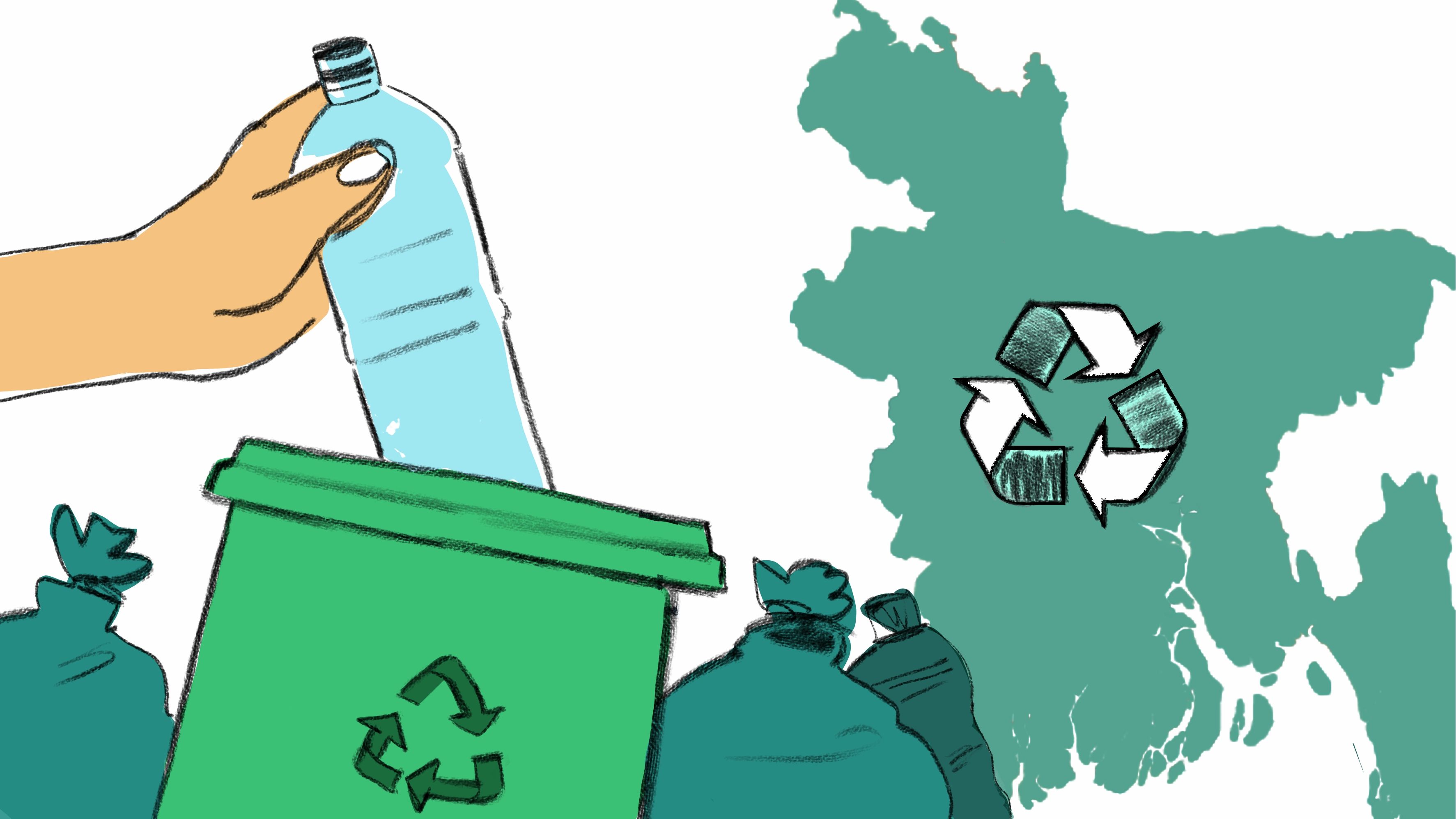From Dhaka to Denmark: A united front against food waste

In Dhaka's bustling markets, trade begins at dawn. Sacks of rice are carried on shoulders through the crowds, mangoes are loaded onto trucks, and fish are sold on ice blocks already melting in the sun. But as the day draws to a close, the scene is all too familiar: fruit too soft to sell and fish no longer fresh to eat. Food that could have fed families is wasted. But food waste does not only happen at the market. Households and restaurants also waste perfectly edible food.
In Bangladesh, the greatest losses occur early due to the lag of infrastructure and technology. Rice is lost during production and handling, and mangoes and lentils spoil mainly during transport and storage. Fish, the country's primary protein source, deteriorates rapidly without cold chains.
We recognise the problem also in Denmark, where food is wasted at alarming levels. According to Food Nation, approximately 2,000 tonnes of food are discarded every day in Denmark. If we include all stages of the supply chain—from production to processing—the total food waste reaches over 1.2 billion tonnes per year.
To combat this, both public and private sector actors in Denmark have taken action. For example, supermarket giants have made their Food Loss and Waste (FLW) data public. Additionally, with the recent launch of Denmark's first food waste strategy, the Danish Ministry of Food, Agriculture and Fisheries is taking a significant step toward addressing this enormous loss.
A recent report by the World Bank—Bangladesh Food Loss and Waste Diagnostic—puts numbers to what many witness every day. It shows that nearly 34 percent of Bangladesh's key foods are lost: rice by 23 percent, lentils 27 percent, mangoes 29 percent, and fish as much as 36 percent. Which means more than one in three fish never reaches a plate. It is not merely a statistic; it represents lost livelihoods, diminished access to nutrition, and added strain on our climate.
At the same time, household food waste is on the rise. According to the UN's Food Waste Index Report 2024, a Bangladeshi wastes 82 kg of food per year at home; in total, this amounts to 14.1 million tonnes of household food waste annually in Bangladesh.
The crisis will not go away by itself, and climate change worsens the problem. The rising of soil salinity, flooded fields, and cyclones along the coast damage both harvests and storage capacity. The effects ripple outward: farmers lose income, consumers face higher prices, and greenhouse gas emissions rise from the food that goes to waste.
A global problem requires global solutions. Denmark and Bangladesh have a strong government-to-government cooperation in food and agriculture, supporting food safety and sustainable and efficient food production in Bangladesh. The joint work includes raising awareness, giving technical support, and transferring innovation and technology.
Raising awareness is key when it comes to reducing FLW through campaigns and other relevant activities. Denmark is collaborating with partners such as the World Food Program, Food and Agriculture Organization of the UN, World Bank, and Bangladesh's Centre for Policy and Dialogue for discussions aimed at creating global change.
Danish and Bangladeshi experts can together provide advice on policies, regulations, and standards to reduce food loss, including incentives for private sector compliance and reporting.
The Danish food cluster supplies solutions such as cold chain technologies, storage systems, and digital platforms that connect producers directly with buyers. The Danish Embassy is facilitating new contacts and cooperation projects between Bangladeshi and Danish companies to help reduce food loss at the farm, transport, and retail levels.
Through such cooperation, both countries can not only reduce food waste locally but also contribute to global solutions for food security, resource efficiency, and sustainability. That way, everyone can be a winner.
Reducing food loss and waste enhances sustainability, strengthens global competitiveness, creates jobs, saves money, and reduces environmental impact. It is one of the most direct and cost-effective ways to feed more people using fewer resources while lowering emissions.
The harvests lost today do not have to mean a lost future tomorrow.
Christian Brix Møller is ambassador at the Embassy of Denmark in Bangladesh.
Maria Stein Knudsen is sector counsellor of Food and Agriculture at the Embassy of Denmark in Bangladesh.
Adiba Ibnat, Ifreet Taheea, Nusrat Islam, and Tanha Islam also contributed to the article.
Views expressed in this article are the author's own.
Follow The Daily Star Opinion on Facebook for the latest opinions, commentaries and analyses by experts and professionals. To contribute your article or letter to The Daily Star Opinion, see our guidelines for submission.





 For all latest news, follow The Daily Star's Google News channel.
For all latest news, follow The Daily Star's Google News channel. 

Comments